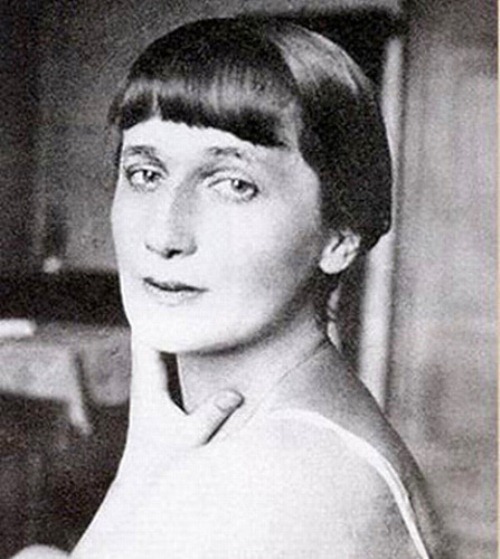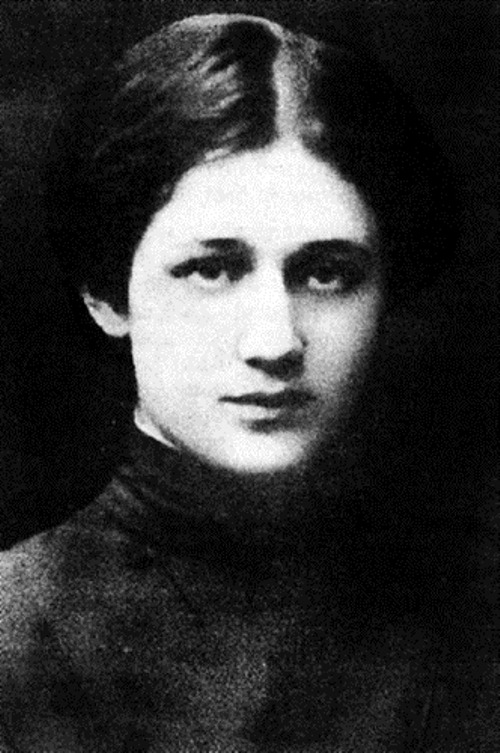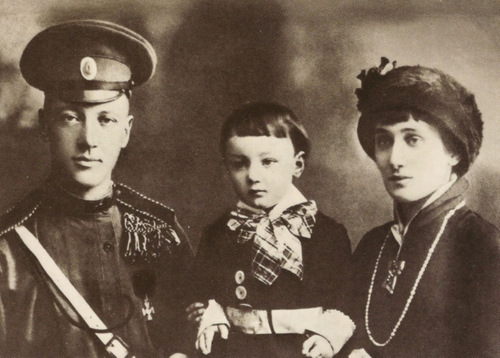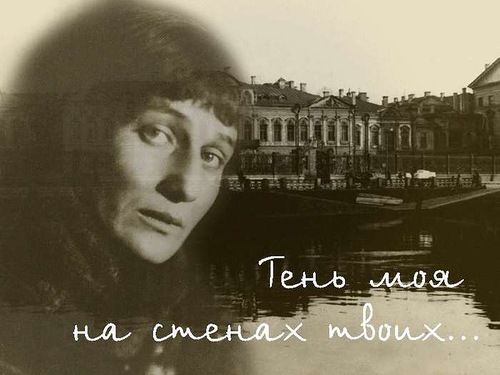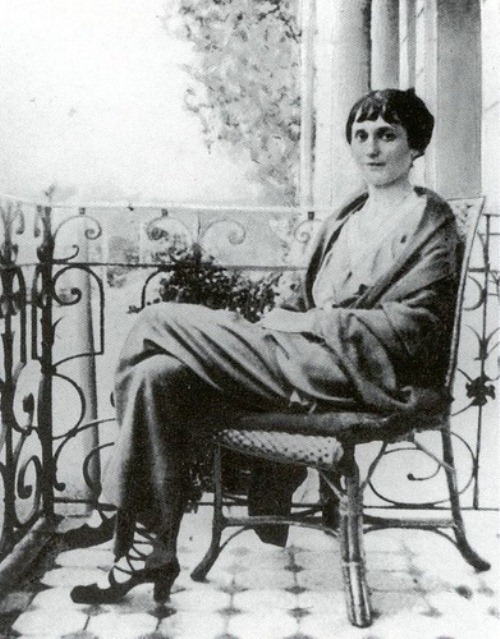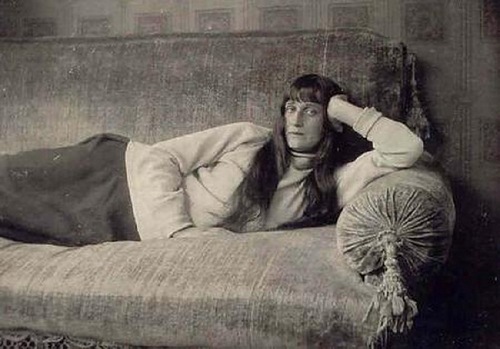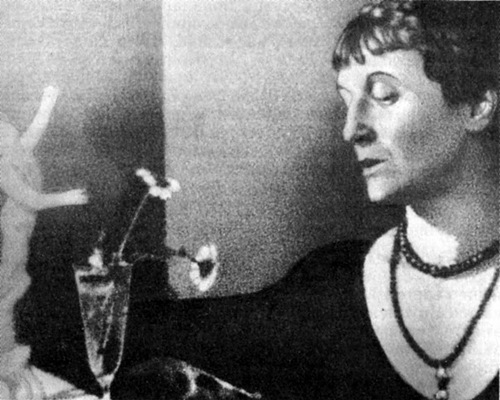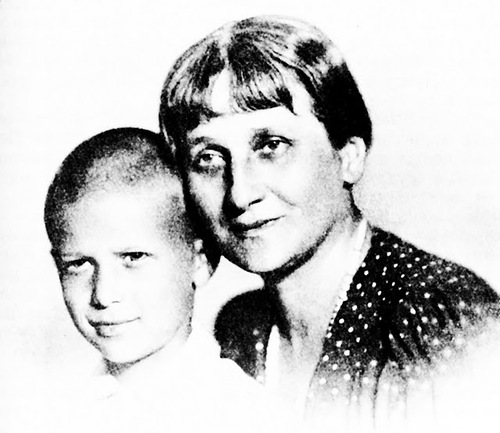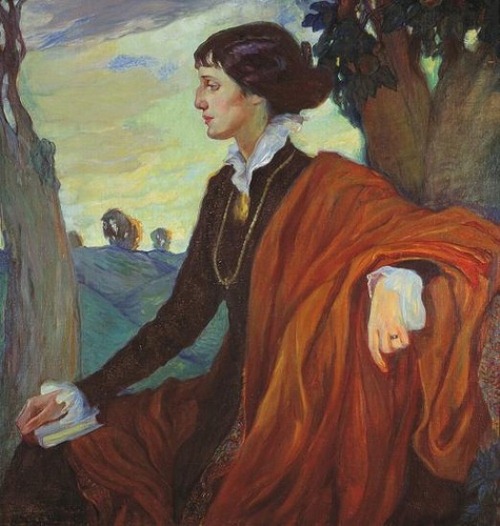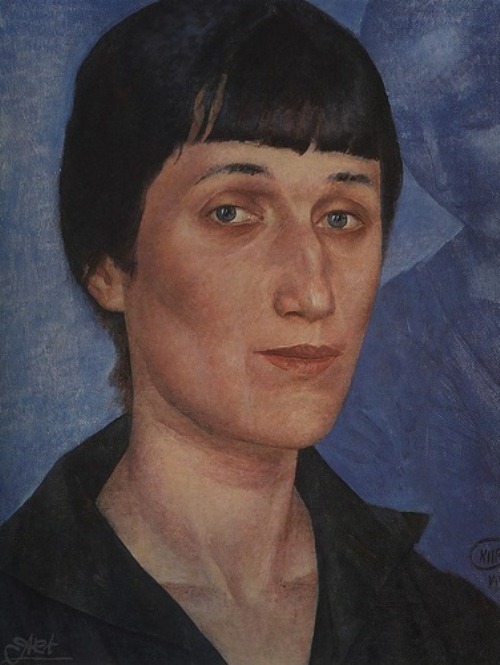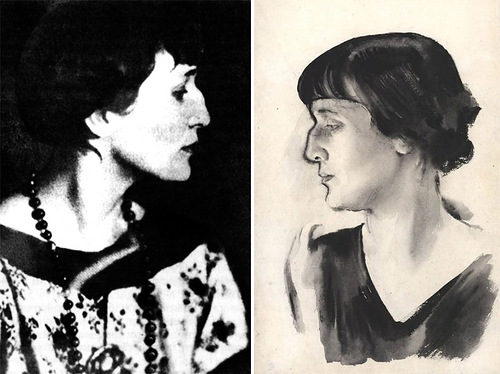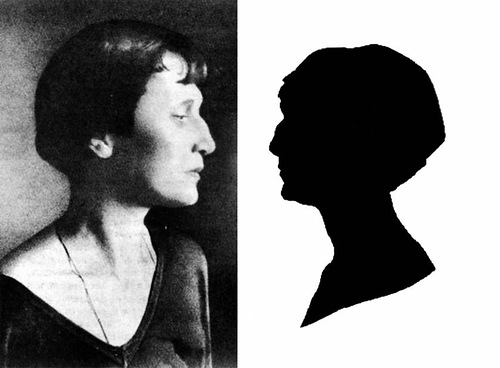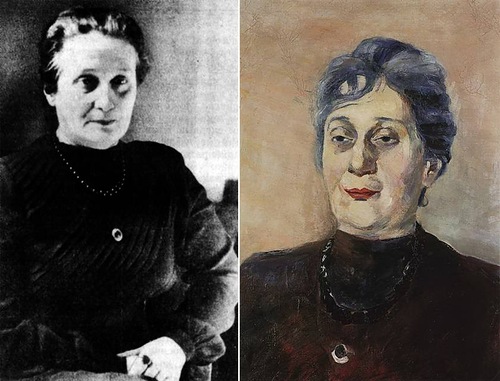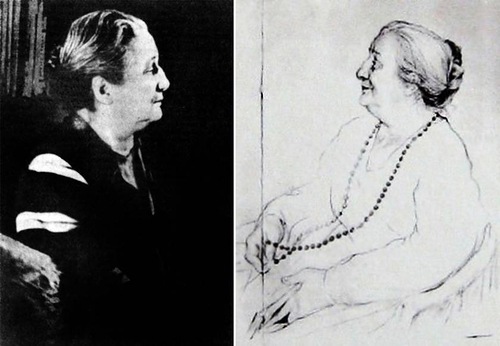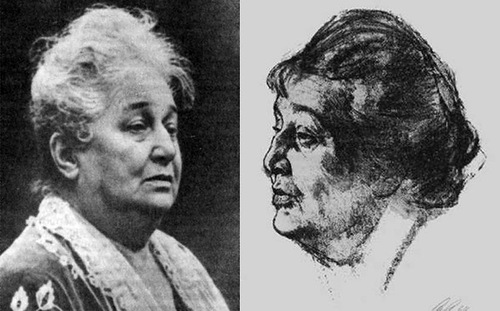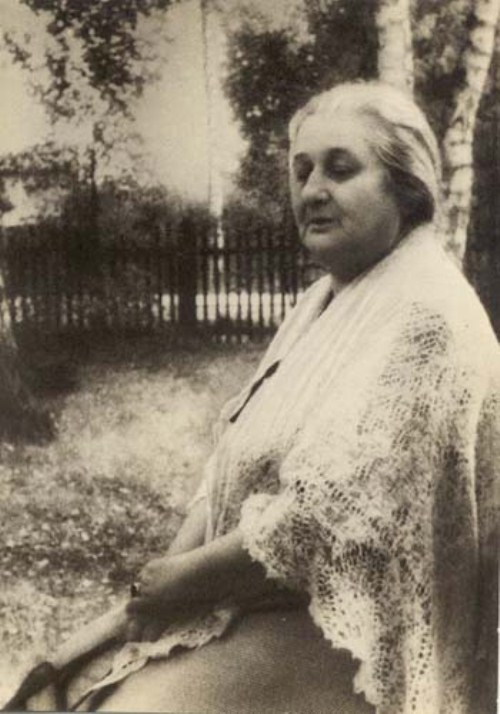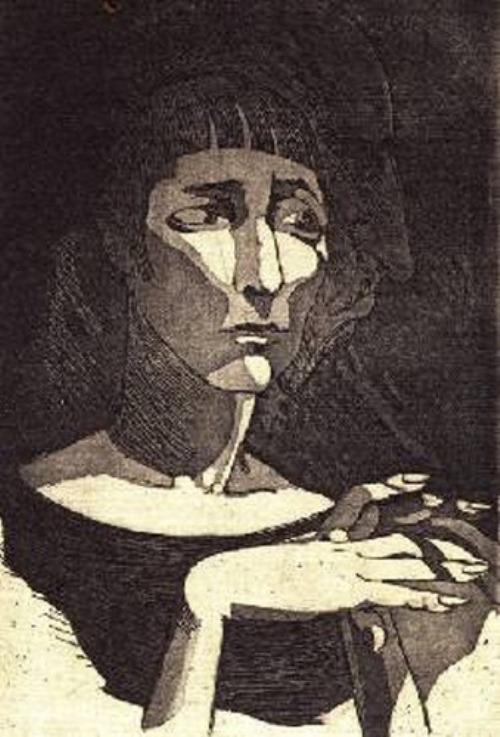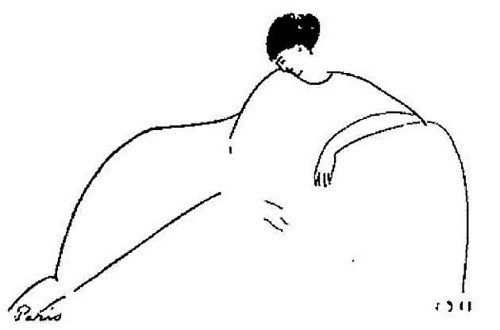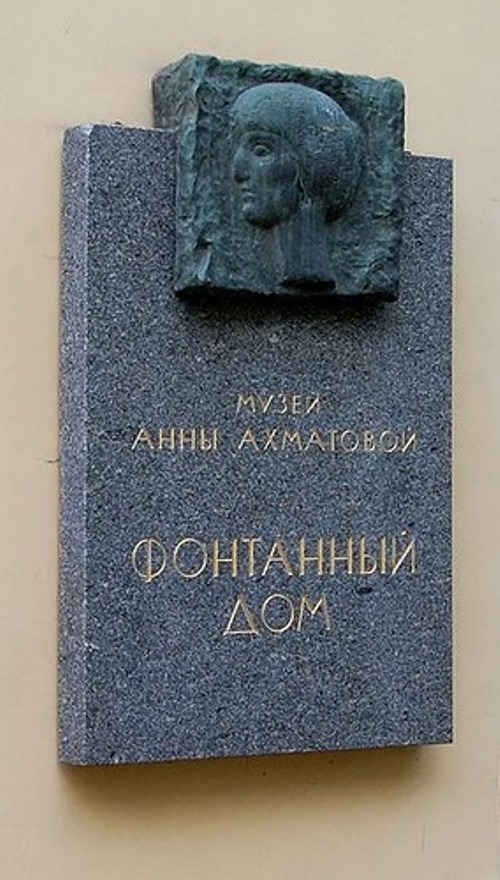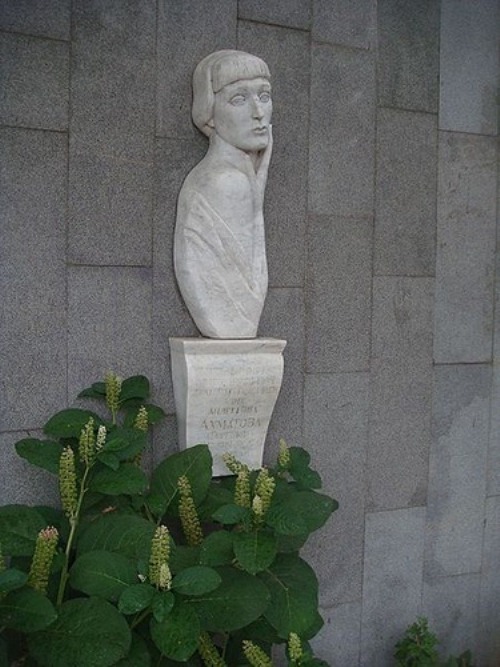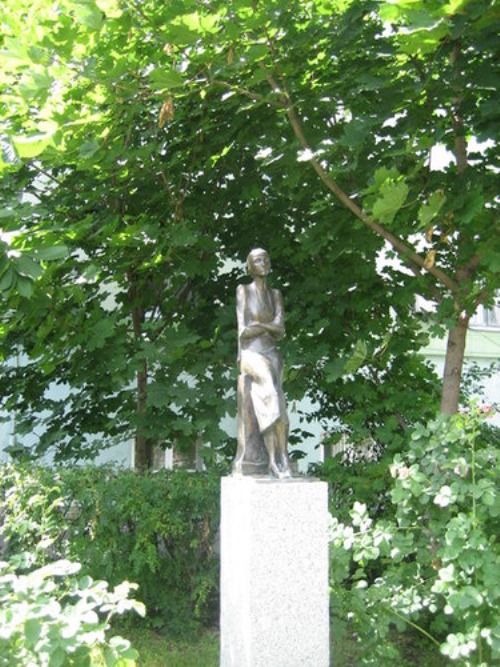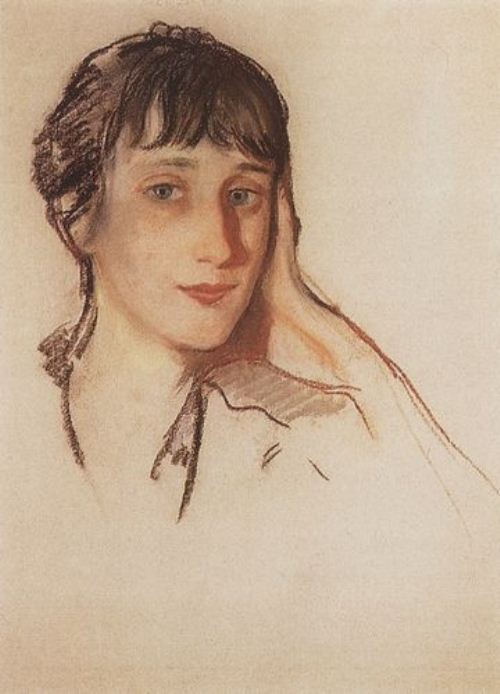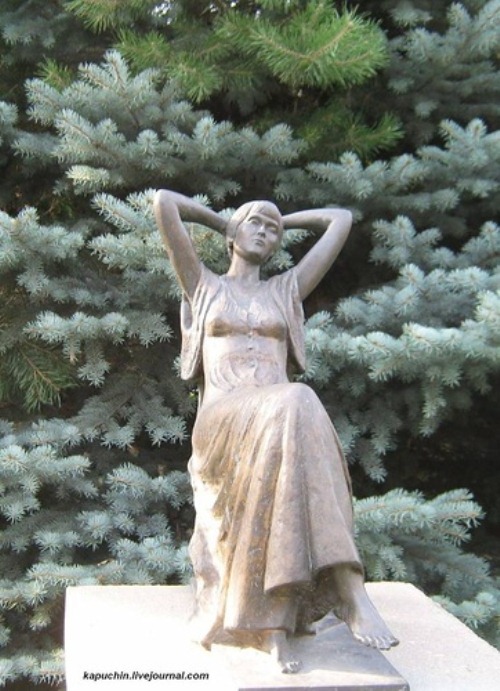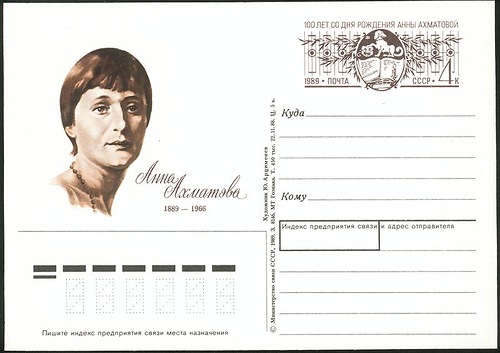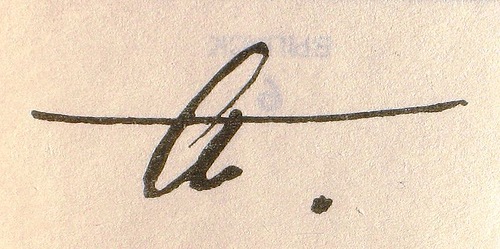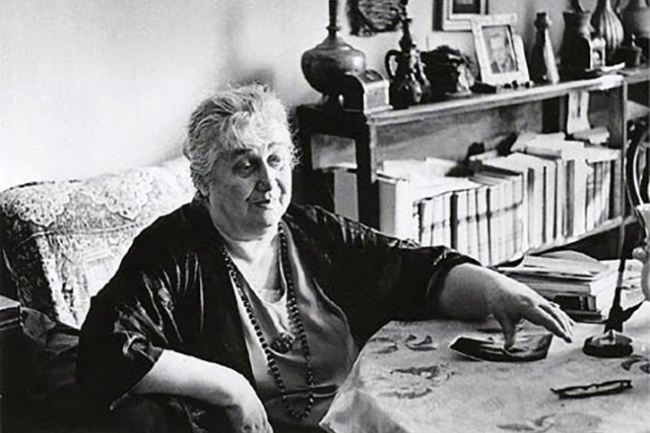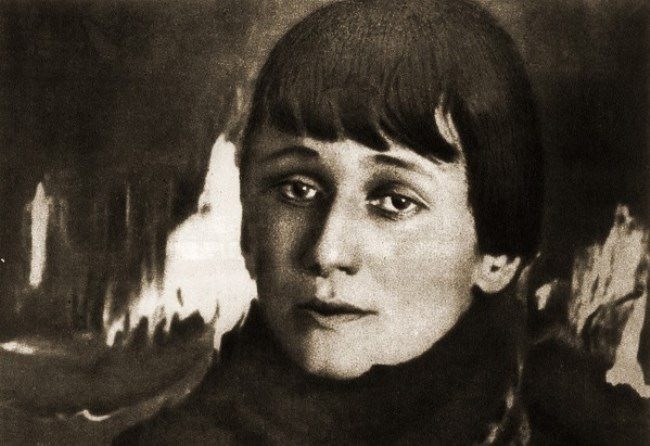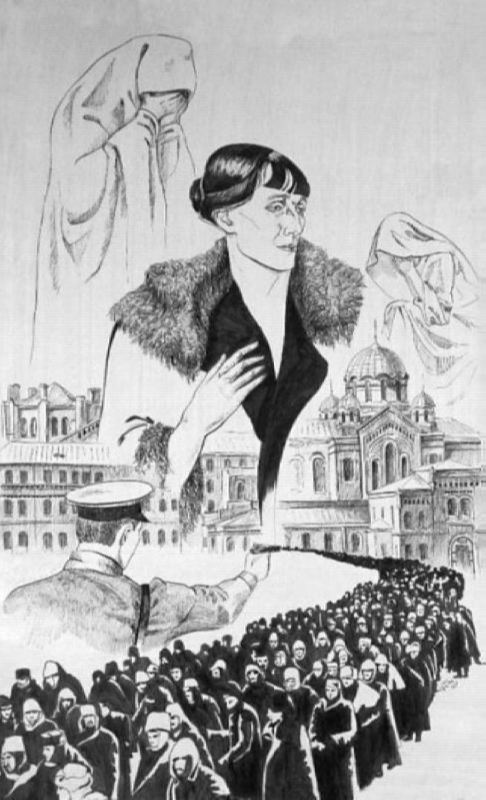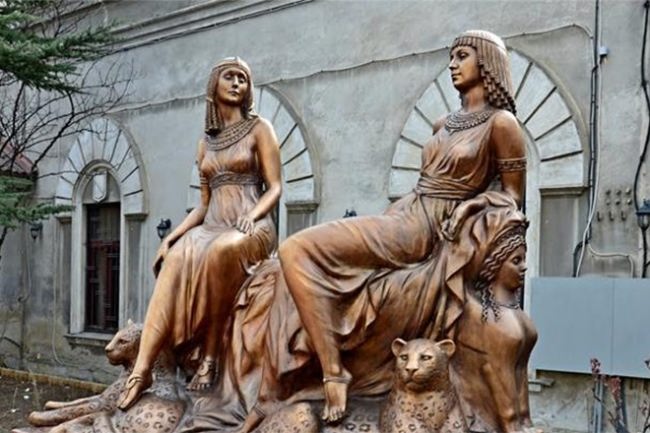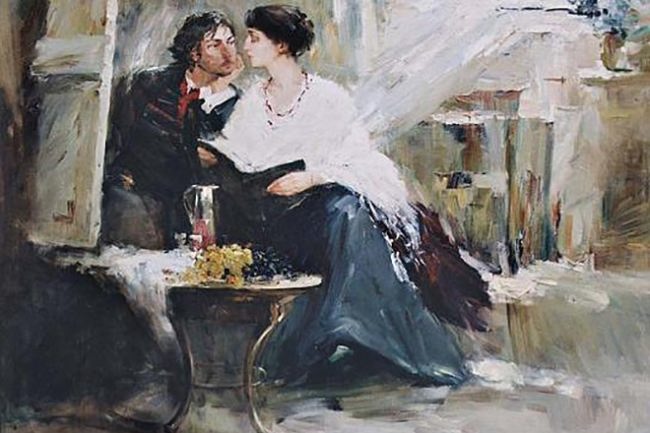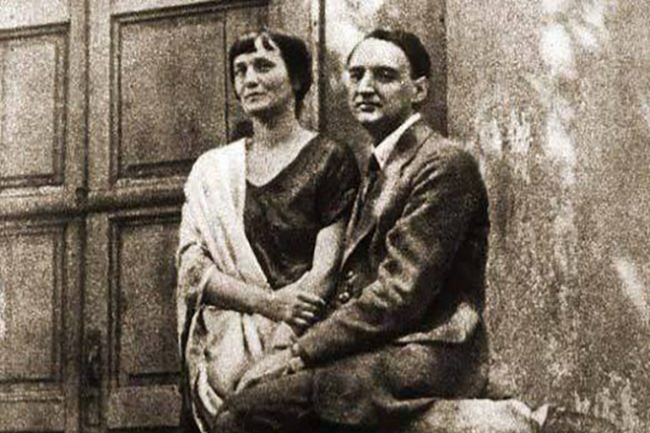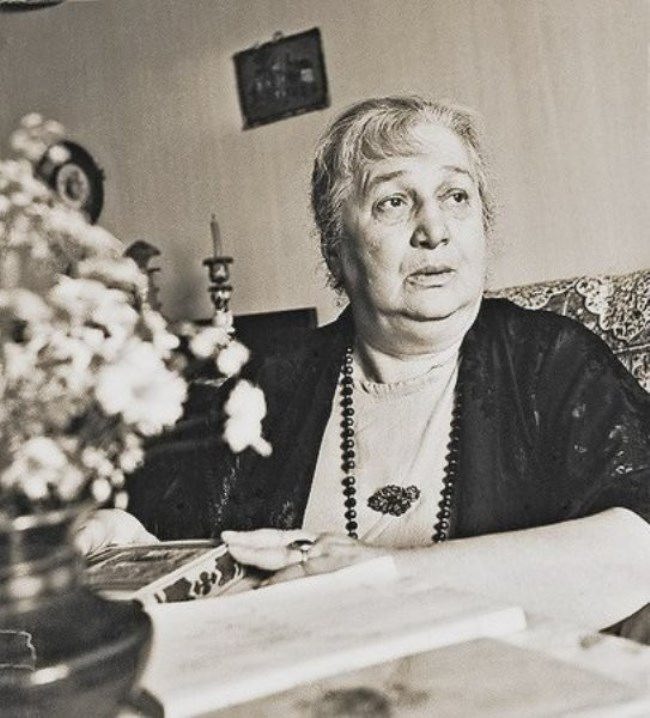Anna Akhmatova, great poet
One of the brightest, original and talented poetesses of the Silver Age Anna Gorenko, better known as Anna Akhmatova, lived a long life full of tragic events. This proud and at the same time fragile woman was a witness of two revolutions and two world wars. Her soul was oppressed by repression and death of the closest people. By the way, she was one of the greatest Russian poets of the XX century, writer, literary critic and translator.
Pretty girl was born on June 11 (23), 1889 in Odessa, Russian Empire. Her family moved to Tsarskoye Selo, near St. Petersburg, when she was eleven months old. There were six children in the family.
Anna studied at the Mariinsky High School. Actually, she started writing poetry at the age of 11.
Young Gorenko fell in love with Petersburg forever and considered it the main city of her life. She missed the streets, parks and the Neva, when she had to go along with her mother to Evpatoria, and then to Kiev. Parents divorced when the girl was 16 years old.
She studied law at the Kiev University, but a year later she moved to St Petersburg to study literature.
To tell the truth, the father did not approve of his daughter’s fascination with poetry and asked not to disgrace his name. Therefore, Anna never signed her poems with her real name.
In her early youth, when she was studying at the Mariinsky High School, Anna met a talented young man, later famous poet Nikolai Gumilev. In Evpatoria, and in Kiev the girl corresponded with him. And in the spring of 1910 they were married in the St. Nicholas Church, which still stands in the village of Nikolskaya Slobodka near Kiev. At that time, Gumilev was already a well-known poet.
The newlyweds went to celebrate their honeymoon in Paris. This was Akhmatova’s first meeting with Europe. There she met and befriended Italian artist Amedeo Modigliani. Later she returned to visit Modigliani in Paris, where he created at least 20 paintings of her, including several nudes. Then she began an affair with the poet Osip Mandelstam (he was married).
Upon their return, her husband introduced his talented wife to the literary and artistic circles of St. Petersburg, and she was immediately noticed. At first everyone was struck by her unusual, majestic beauty.
Awesome girl gave birth to her only son Lev Gumilev in 1912. And in the same year her first collection Evening was published. The poetry of Akhmatova found the first admirers and brought her fame. Two years later the second collection was released. It was a real triumph. In the revolutionary 1917 Anna released her third book, The White Flock. Gumilev and Akhmatova broke up in 1918. And in the summer of 1921 Nikolai was executed.
The new stage of her work was closely connected with the soul-worn experiences for her close people. In the late autumn of 1935 her second husband Nikolay Punin and the son were arrested. They were released a few days later, but there would be no more rest in the poet’s life.
Three years later the son was arrested and sentenced to 5 years of forced labor. And in the same terrible year, Anna broke up with Nikolai Punin. Later she wrote her famous Requiem.
The Great Patriotic War Anna spent in the evacuation, in Tashkent. Immediately after the victory, she returned to the liberated and destroyed Leningrad. Soon she moved to Moscow.
In the mid-1960s Anna received a prestigious Italian award and released a new collection of poems.
Great poetess died on March 5, 1966 in Domodedovo, Moscow.
To tell the truth, Anna had a long list of lovers: Georgiy Chulkov, Nikolai Nedobrovo, Boris Anrep, Vladimir Garshin, Arthur Lourie, Zubov, Boris Pilnyak, Mikhail Zienkiewicz …
According to literary scholars Natalia and Vladimir Vin, Akhmatova had a secret affair with the last Emperor of Russia Nicholas II (Nikolay Alexandrovich Romanov).
Source: anna.ahmatova.com

